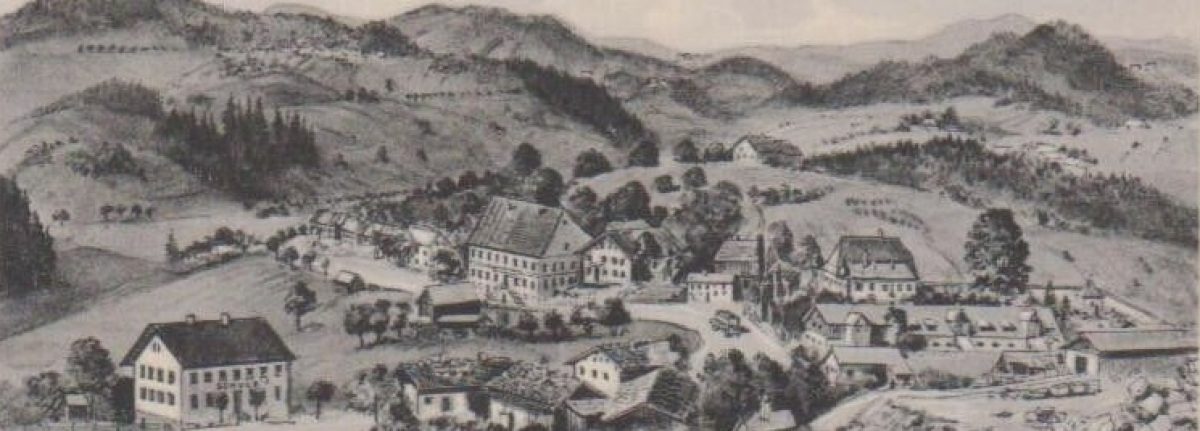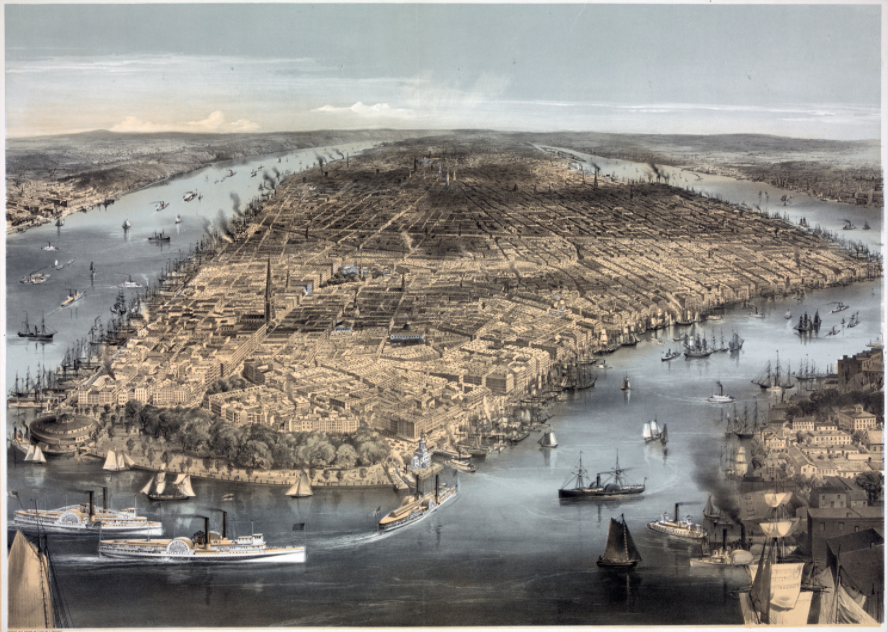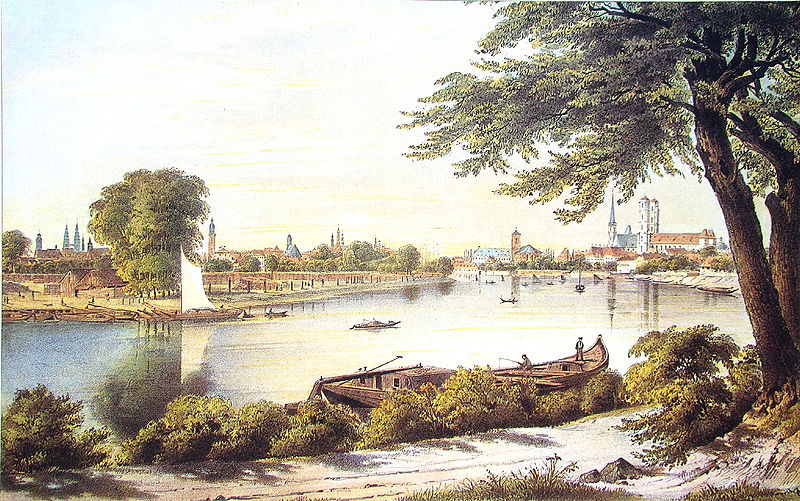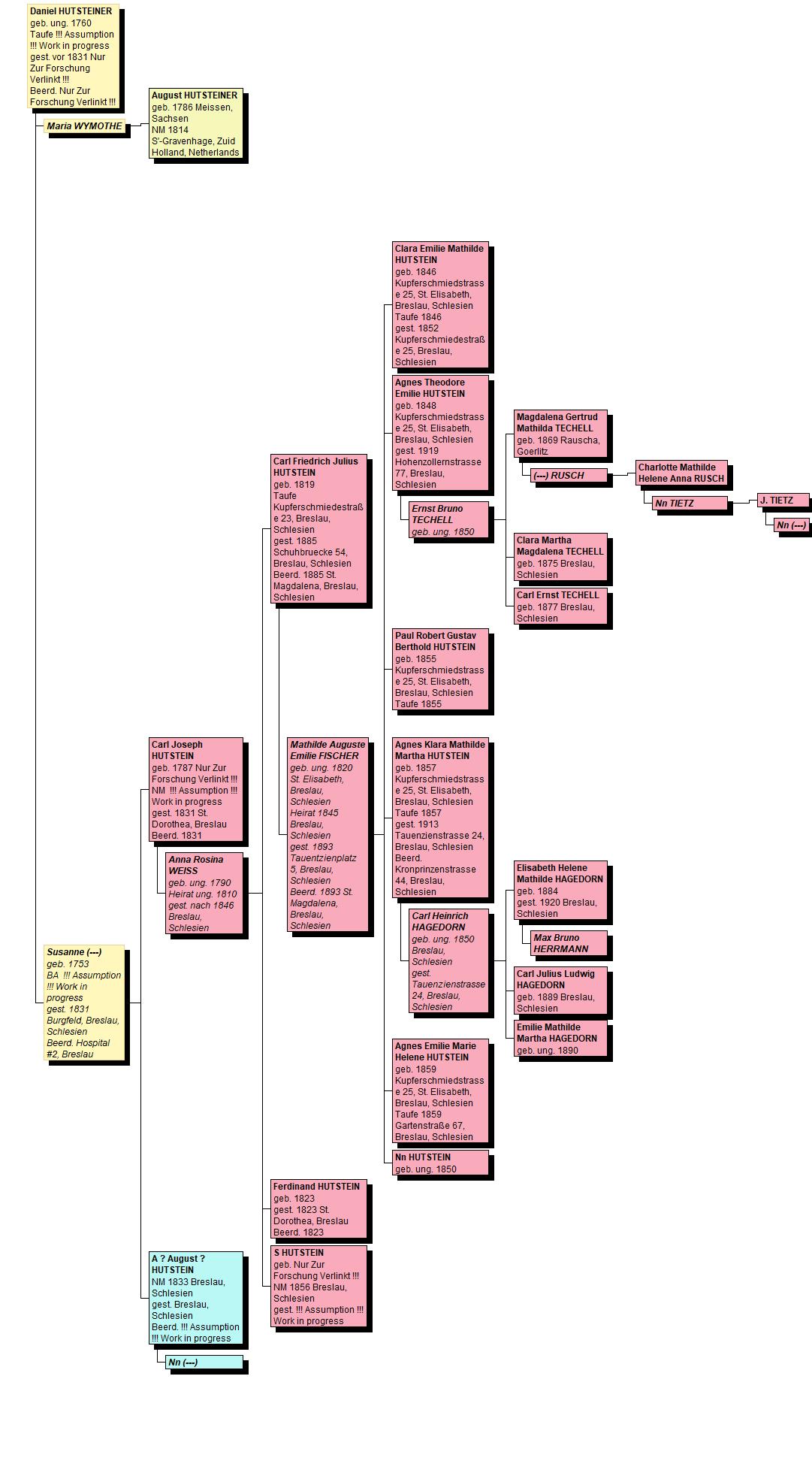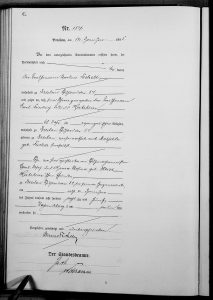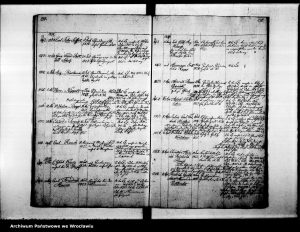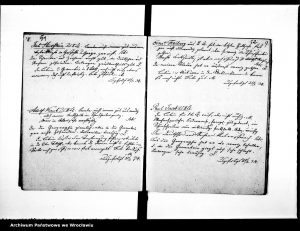August Hutsteiner was fighting at the battle at Waterloo against Napoleon’s french armies on 18th of June 1815.
Since 1814 August Hutsteiner, born in Meissen, Saxony, in 1786, was part of the 27th Jager company of the 15th infantry division of the royal Dutch army fighting with Wellington, the British army and the Prussian army. As August was born in Meissen it can be assumed that his father Daniel Hutsteiner was somehow part of the Christian Hutsteiner family, who also baptised their children in Meissen around ~1790 after the return of Warsaw and who had a close career to the army like his son August obviously had afterwards.
Like all Netherlands infantry battalions, the Battaillon Jagers No. 27 consisted of 6 companies and 1 depot company. [1] The 1st and the 6th Companies were designated as Flank Companies. [2] The official nomination of the companies was: Left and Right Flank Company and 1st-4th Centre Companies; but a simple numbering 1-6 was also used. The Flank Companies formed the elite units of the battalion, comprising the best men. [3]

Key: X Luitenant-kolonel; A 1e Luitenant-adjudant; C Kapitein; 1 1e Luitenant; 2 2e Luitenant; M Sergeant-majoor; S Sergeant; F Fourier; V Vaandeldrager; K Korporaal; T Tamboer; H Halvemaanblazer (engl.: Key: X Lieutenant Colonel; A 1st Lieutenant Adjutant; C Captain; 1 1st Lieutenant; 2 2nd Lieutenant; M Sergeant Major; S Sergeant; F Fourier; V Standard Bearer; K Corporal; T Drum; H Crescent blower)



